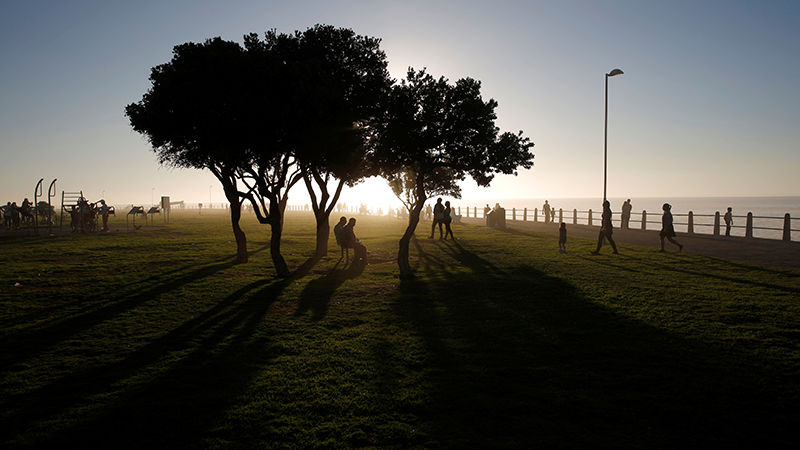QUESTION: Several of our company’s 75 employees are taking COVID-19-related emergency childcare leave under the FMLA. We understand this must be paid leave, but do we have to pay for our employees’ health coverage while they are on leave?
ANSWER: Your company may have to pay its own share of health coverage premiums while employees are on paid FMLA emergency childcare leave, but it does not have to pay the employees’ share. As background, the Families First Coronavirus Response Act (FFCRA) amends the FMLA to require certain employers to provide temporary paid emergency childcare leave from April 1, 2020 through December 31, 2020. The leave generally is available when an employee who has been employed for at least 30 calendar days is unable to work or telework due to the need to care for a son or daughter under age 18 because a school or place of care has been closed, or a childcare provider is unavailable, due to a COVID-19-related emergency declared by a federal, state, or local authority. Employers with fewer than 500 employees must provide this expanded FMLA leave; employers with fewer than 50 employees are exempt if providing the leave would jeopardize the viability of their business.
Employers covered by the expanded paid FMLA requirements must maintain group health plan coverage on the same terms as if employees did not take the emergency childcare leave and remained continuously employed during the leave period. For instance, if an employee with family coverage takes the paid leave, family coverage must be maintained during the leave. The same group health plan benefits must be provided to the employee (and covered family members) as before the leave, including coverage for medical, surgical, hospital, dental, and eye care, and mental health and substance abuse treatment. This also means your company must pay the same share of the premiums for health coverage for an employee on expanded FMLA leave as it would have paid if the employee had not been on leave.
The company cannot require employees on FMLA leave to pay more for coverage than they would have paid if they had remained actively employed. Likewise, if the company provides a new health plan or changes health benefits, employees on FMLA leave are entitled to the new or changed plans or benefits to the same extent as if they were not on leave. An employee’s share of premiums must be paid by the method normally used during any paid leave (e.g., through a payroll deduction). If the pay provided under the FFCRA is insufficient to cover the employee’s premiums, your company should follow existing conventional FMLA regulations, which prescribe options for obtaining payment.
Note that your company’s obligation to maintain coverage (and pay its share of the premiums) will end for any employees that choose to drop coverage during the leave, fail to pay their share of the premium by the applicable deadline, fail to return to work at the end of the leave, or inform your company that they do not intend to return from leave. However, employees who choose not to retain group health plan coverage while taking FMLA leave (and their family members) are entitled, upon returning from leave, to have coverage reinstated on the same terms as before the leave, without any additional qualification requirements or waiting periods.
For more information, see EBIA’s Group Health Plan Mandates manual at Sections XVI.D (“Expanded FMLA Emergency Childcare Leave”), XVII.C (“Maintenance of Group Health Plan Benefits”), and XVII.D (“Paying for Coverage During FMLA Leave”); see also EBIA’s COBRA manual at Section VI (“Special Issues: COBRA and COVID-19”).
Contributing Editors: EBIA Staff.








